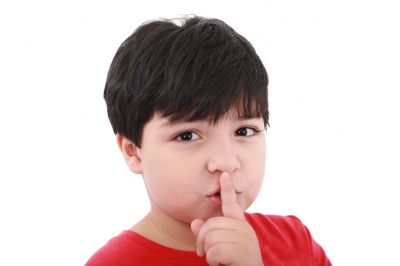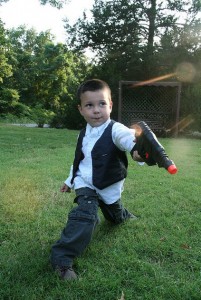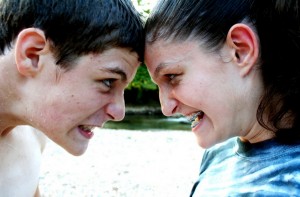 Conduct disorder is typically manifested in a variety of antisocial behaviours such as bullying, stealing, vandalism and cruelty to others. According to Bird (2001), children with conduct disorder also tend to be socially incompetent and lacking in empathy.
Conduct disorder is typically manifested in a variety of antisocial behaviours such as bullying, stealing, vandalism and cruelty to others. According to Bird (2001), children with conduct disorder also tend to be socially incompetent and lacking in empathy.
He further explains that they usually have a “hypersensitive, quasi-paranoid attitude” (p. 58) where they interpret others’ intentions as threatening and therefore react with inappropriate hostility. Regardless of the consequences of their misdeeds, these children do not usually express guilt or remorse. Yet behind their façade of toughness hides a fragile sense of self (Bird, 2001). Continue reading






